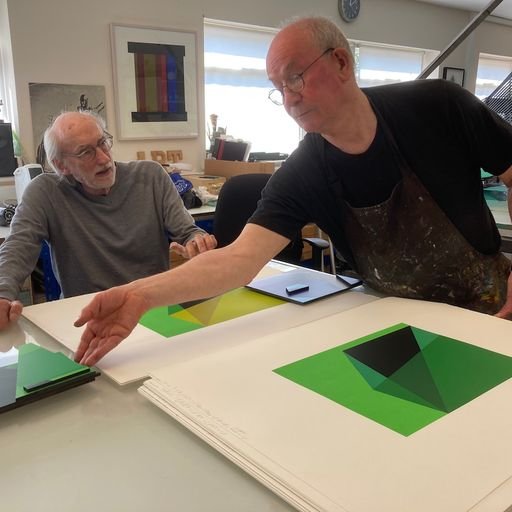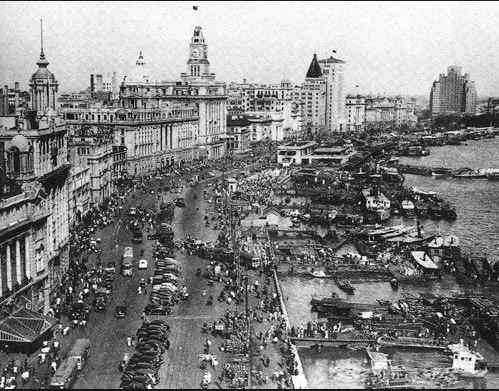THE BEEKEEPER OF ALEPPO AT THE ARTS THEATRE
Alfred Clay and Roxy Faridany in the Beekeeper of Aleppo
The cast of The Beekeeper of Aleppos
Amazingly, The Beekeeper of Aleppo has its light side. Joseph Long as an exuberant Mustafa the original beekeeper exudes an irrational optimism about his bees. He loves them and his wants his cousin Nuri, Aran Mardourian, to fall in love with them too. Heavy with symbolism their lives as tenders of a fragile colony of productive, endearing insects sets the scene for a life in Aleppo, a city of fresh fruits, gorgeous aromas of lemon trees and a souk with every tea and coffee known to the Middle East all in abundant display. It is Mustafa who decides to leave his idyll as the dark shades of oppression sweep over this once beautiful city of ancient fame. And joking cheerfully he is the man who sets the richness of his past life behind him and learns 9 he thinks) the word for man in the English coastal town they end up in , is ‘ Geezer’ .
But the brutality of Bashir Al -Assad’s reign of terror drives assistant Bee-man, Nuri to flee his beloved home along with his lovely wife artist Afra. Who is blind by this time. The fate of Sami, their child, remains quietly veiled even as he does not appear in England either.
This production of a well-received novel attracted the largest audience I have seen at the Arts for a long time. It was virtually sold out. And no wonder. Yes, the book was a hit, but for a profound reason. We all want – and need – to know the truth behind the flight of Syrians ( half the country have left their homes) and to understand just what it must be like to make a perilous sea crossing and beg to settle in a grey, poor unwelcoming country that is ours.
“our is the age of the refugee, the displaced person, mass immigration’ wrote Edward Said in his 2000 work Reflections on Exile. Prophetic or what? And we do want and need an account not just in a book but on the wide-open stage of debate and discovery – our theatre. The two playwrights wrote this alongside the novel – to ‘explore questions of loss displacement and the effects on inhumane order policies”. An admirable ambition. But did they make it a work we want to see? Did theatre turn up the goods in the end? Were we moved, charmed, engaged as watched? I noticed the Casting Director Christopher Worrall ( a hugely underrated role in any play) began his career with The Caucasian Chalk Circle, a Berthold Brecht classic. The modern Meister of modernist theatre has a manifest influence in this production. It cannot compete with , the agony and drama of bombing, assassination and terror - not to mention the tortuous sea crossing, all must happen before our eyes. But it works. It is no coincidence that designer Ruby Pugh has was a volunteer in Calais and Athens and came “face to face with real people, families forced into unimaginable situations”. Her connection informs the set- and the entire play. As does the performances of the brilliant cast. Roxy Faridany as Afra allowed a real character of pride and endurance, to emerge from her pitiful state of blindness and grief. And even the British officials were a nuanced cast of people more uninformed than deliberately cruel. Lily Demir as an NGO worker gave a great performance and Daphne Kouma even manages to invest her role with some uneasy humanity. Elham Mahyoub as Mohammed and Sami is a truly funny and wonderful child who raises a laugh despite the odds, with her upbeat openness. Fanos Xenofós brings a fresh authenticity to his (seemingly several) parts and Nadia Williams softens the heartbreak with a breezy role – a well-meaning efficient out- of-touch jobsworth.
Get to go to this amazing Play for our Time. The Arts is on fire these days with theatre of relevance and engagement. This time they have aced it. No wonder the tickets are red hot.
Huddersfield is where the beekeper lives now. It is a great place to end up.
Alfred Clay & Elham Mahyoub










